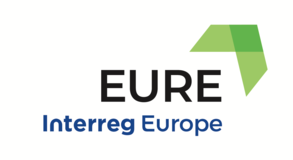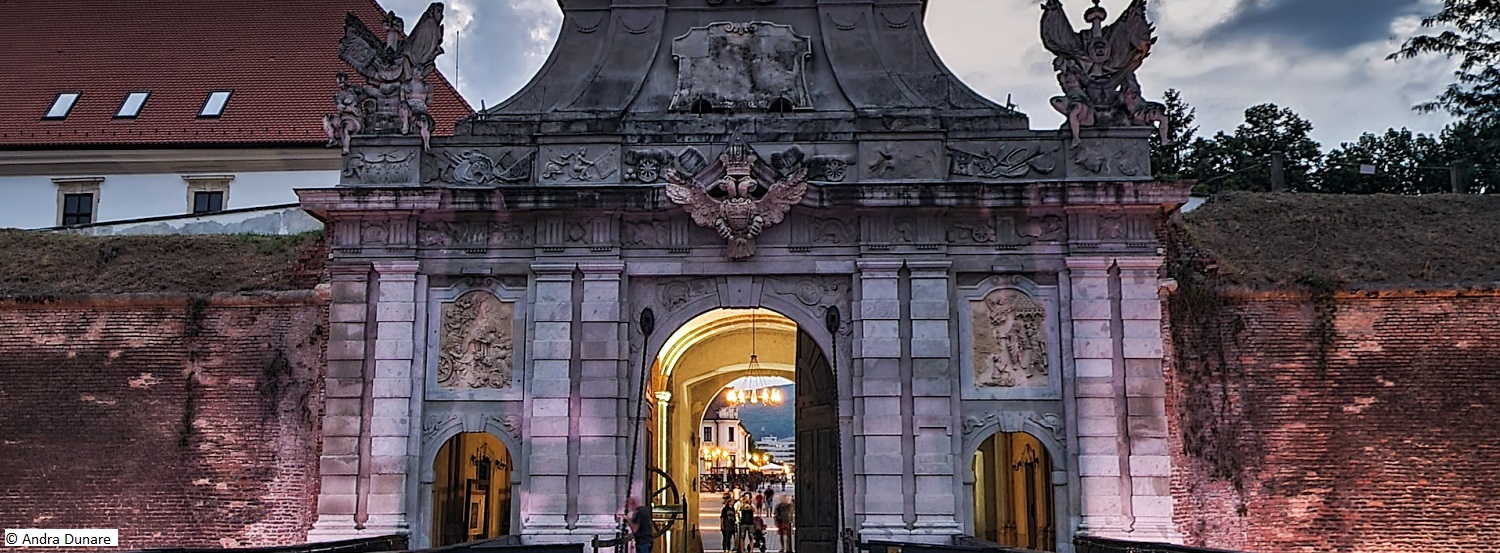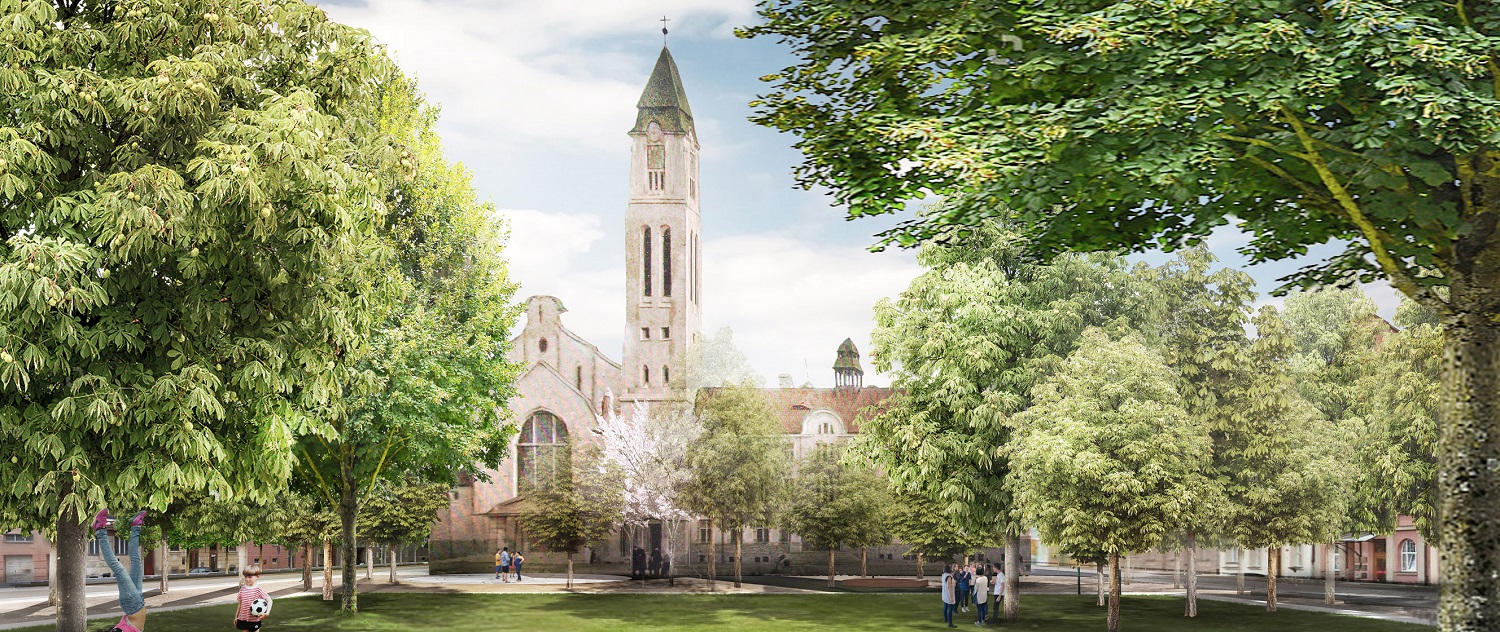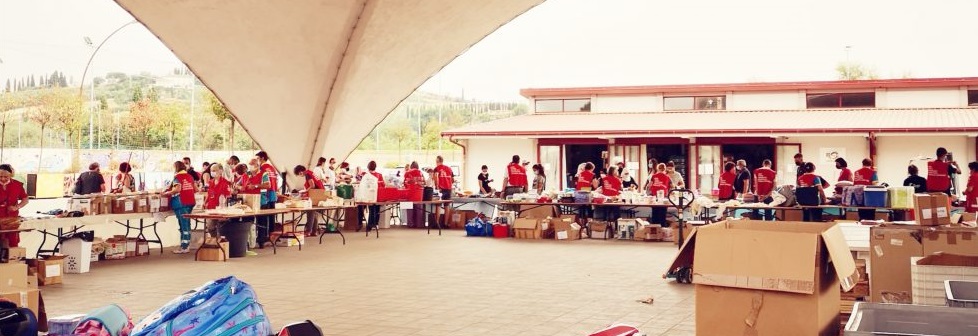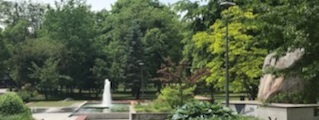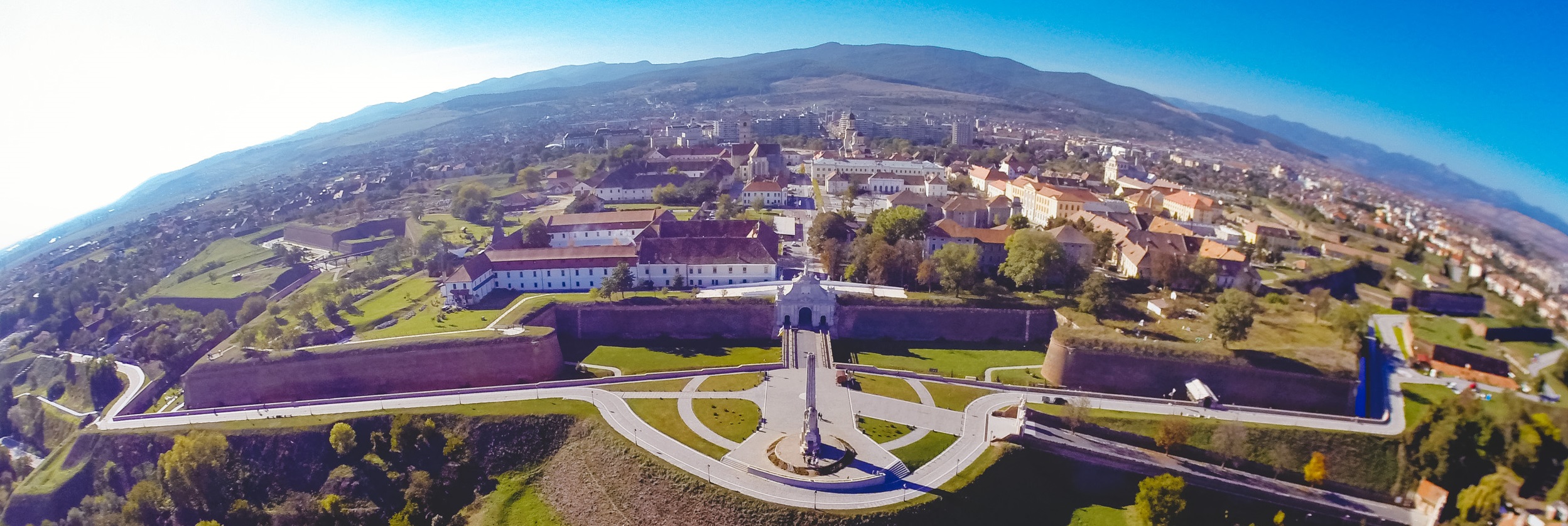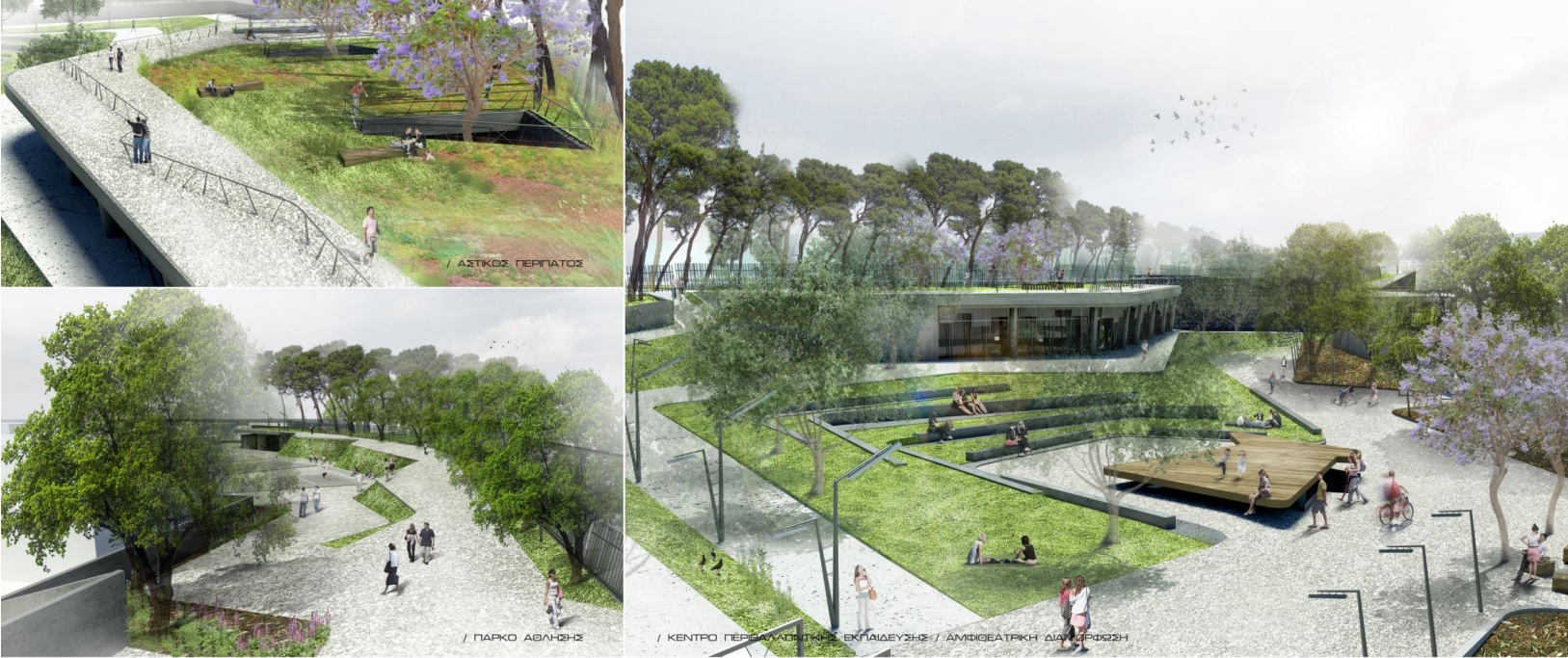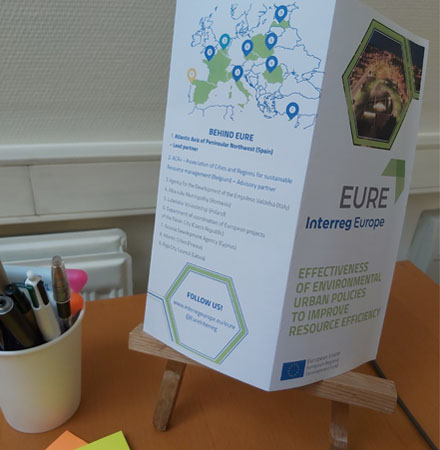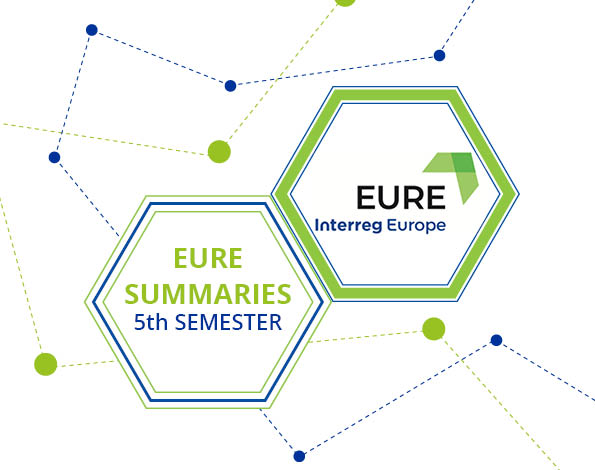Social inclusion has been defined as one of the urban challenges that the city wants to keep into consideration in the improvement of the regional policy instrument addressed by the project.
If you missed them, take a look at the first and second episodes.
Social inclusion in Brittany
The directions in Brittany’s economy is to develop the 3 hubs, all related to marine sciences, ICTs and agribusiness.
One initiative is another INTERREG program (France-England), the PONToon project. PONToon is using a range of new and developing technologies such as games development, 3D/virtual reality, social media and apps to engage, support and up-skill women so as to help their employment opportunities. It is both an inclusion initiative and a pro-employment action.
Many different initiatives are counted in the region to insert unemployed people, to help them to enhance their profile and resume.
In Brittany, there are 2 main objectives regarding education: having qualified workers aligned with the local economy’s needs and having highly educated people to help strengthen the influence and expertise of the region’s specialties. To do so, it is important to offer education to young Bretons, so they have opportunities to stay in their home region, and to older Bretons, so they can retrain themselves if necessary.
In Lorient’s area, a social enterprise, called Optim’ism, is experimenting a transformation of their economic model (more inclusive and resilient) aligning with the ecological transition. They are developing several activities: organic market gardening, eco-maintenance of green spaces, bicycles deliveries, sorting and waste recovery and recycling. They also want to raise awareness and pass the knowledge about agriculture, nutrition and environment matters while having a social impact. Thus, they offer some discovery baskets and student basket, they welcome schools and other public to their gardens, farms, kitchen, they employ unemployed people to try some of Optim’ism activities and empower them to get back on their feet.
In Saint-Brieuc, the association Le Cercle is leading a unique project called Metallotrope. The aim of Metallotrope is to create metallic urban furniture inspired by 19th century’s optical toys. The project is training 10 insertion trainees in metallurgy for 6 months. In 2018, Metallotrope won an award for social innovation.
Regarding academic education, after the fall of the Bretagne-Loire university, the 2 universities of Rennes and 5 “grandes écoles” (EHESP, Science Po, INSA, ENSC, ENS) are gathering their means. The idea is to be cooperating with companies, the business world and professional experts and to open doors and bridges to students in many fields. The cross-disciplinary project stands on 6 topics: research, innovation, student life, international, research work valorization and social and societal responsibility. In June 2020 a new program (from bachelor to PhD) called "Construire les solidarités” has been launched, about solidarity matters in our daily lives and their consequences for the future.
Social housing in Brittany Region
Most Bretons live in private and individual housing (3/4, ¼ in collective housing). More than 65% of Brittany’s household own (approximately 10% more than the French average) which put the region on a similar pattern as Spain and Portugal. Tenants are mostly in the private park (70%). Therefore, the rate of social housing is lower in Brittany than in other French regions.
One action is the social access to ownership through several initiatives: interest free loan, social lease-ownership loan (a special subsidized loan to help acquire a new house by allowing a smooth transition from tenant to a homeowner). Another action is the offer of public rental park. Most of Brittany’s rental park is managed by public offices for housing (OPH), while the rest is managed by social enterprises for housing (ESH), a cooperative company (le Logis Breton) and the property association for accommodation, largely called social landlords.
In the city centre of Vitré, a social landlord, agreed on renovating 7 old buildings. This project will revitalize the city centre of Vitré with energetically efficient and affordable renting housing. The project is part of the national program “Action Coeur de Ville” which allows 222 medium-sized towns to reconquer their ghosted city centres.
In Rennes, the Metropolis, in partnership with social landlords, adopted a sole rent policy experimentation for its social housing park. The aim is to guarantee a better and more equal access to housing while strengthening social diversity. The pricing for a same size apartment is the same in all of Rennes’ neighborhoods so tenants are able to choose the location of their home. Implemented in 2018, the results are expected to be efficient in 10 years.
Please, contact Atlantic Cities if you want to know more and to be involved in the EURE local stakeholder group of Brittany Region.
